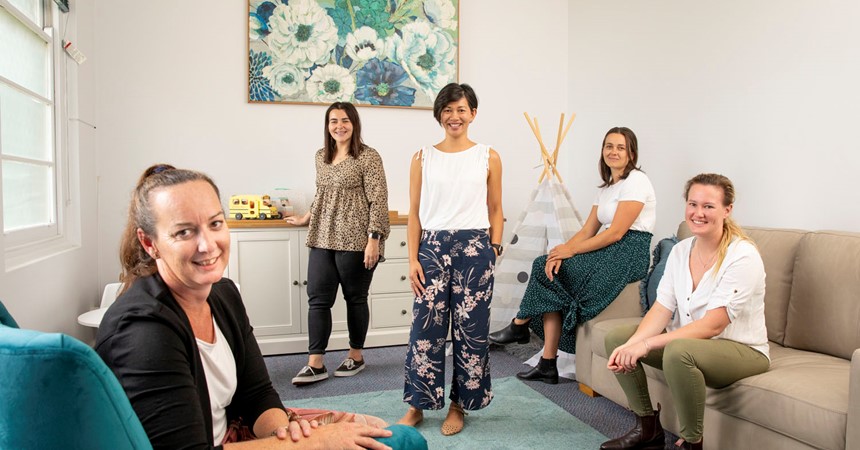Hi All
Recently one of our local efforts in FPP was featured in the regular Partnering Newsletter.
Thanks to CCHM for their continued efforts. This article was aimed to highlight that locally we had the first successful case closure in the State, due to a reduction in need!
Kind regards
CCHM is CatholicCare Social Services Hunter-Manning and “the first successful case closure” related to a program that resulted in a Maitland family’s children being safe in the home and the parents no longer in need of intensive support.
The state government’s Permanency Support Program (PSP) offers wraparound services to children and young people at high risk. In 2018–19, 190 new PSP Family Preservation Packages were allocated across the state to be delivered jointly for up to two years between Department of Communities and Justice (DCJ) caseworkers, and partner caseworkers.
The focus is on putting funding into earlier intervention to enable children to live with their family and/or maintain the family structure.
CatholicCare was granted partner status for the Hunter region, and together with three Community Services Centres (CSC) it works with up to 14 families at a time. One of the families referred had accumulated multiple risk of significant harm reports, experienced a child death in the family, and was subject to a series of interventions across NSW, Queensland and the Northern Territory.
The parents had challenges supporting their children’s growth and development because they were managing their own emotions and grief surrounding the loss of a child.
Merrin Dimmock, CatholicCare’s Earlier Intervention Operations Manager said the family needed additional help to meet those needs while they were engaged in counselling and other support to assist their own emotional wellbeing.
“The family was referred in January 2019 and the case closed in August-September,” Ms Dimmock said. “The goals were around educational support, children’s health and parenting support.”
Over the period, there were many improvements including better interactions between family members, safety when in the presence of “unsafe” adults, good engagement with health services, and improved speech for the young family member. With the help of caseworkers, the family secured stable accommodation, and the children started school and preschool.
Natalie Cowper, CatholicCare’s Family Preservation Team Leader based in Singleton, said all her referrals relating to risk of harm reports come from the DCJ.
“Children are in the home with their parents, and our role is to come in and support the parents for increased safety and wellbeing for their children,” Ms Cowper said.
“This was the first successful closure under the program. The family’s casework goals were achieved. It was jointly decided between the family, CCHM and DCJ that intensive support was no longer required.”
The PSP is significant in its offering and Ms Cowper’s team are passionate about the program.
“The intensity of the work we do makes it unique along with the frequency of home visits and direct face-to-face support with families,” Ms Cowper said. “A lot of the parents we work with did not have that opportunity as a child. They were assumed into care. This is significant for them to be able to keep their children in their care and break that generational cycle.”
CatholicCare was “well celebrated” for the initial state-first closure, and since that time has had two more successes.
“All the agencies involved work closely together,” Ms Cowper said, “and we all experience the same successes, the same challenges, and we all try to make sure this program is successful. We share information among us.” Including congratulatory emails.






















































































